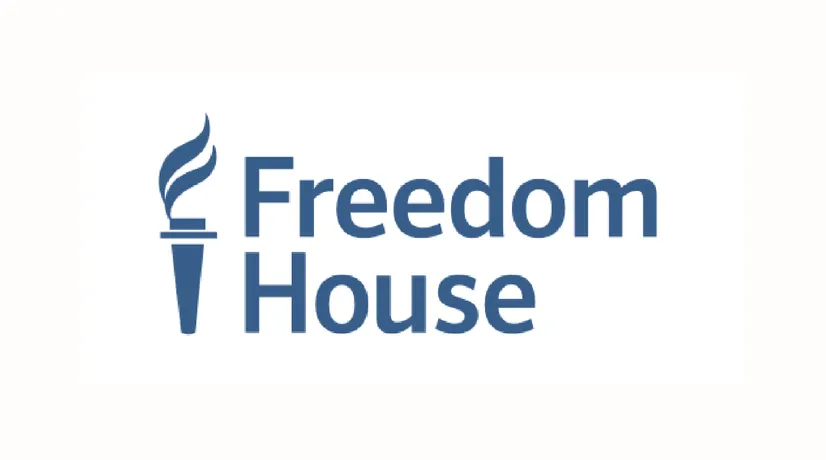Freedom in the World 2023 – Marking 50 Years in the Struggle for Democracy
09 March 2023

Executive Summary
The global struggle for democracy approached a possible turning point in 2022. The gap between the number of countries that registered overall improvements in political rights and civil liberties and those that registered overall declines was the narrowest it has ever been through 17 consecutive years of deterioration.
The most serious setbacks for freedom and democracy were the result of war, coups, and attacks on democratic institutions by illiberal incumbents. The authoritarian regime in Russia launched a full-scale invasion of Ukraine in a bid to scuttle that country’s hard-won democratic progress. New coups and other attempts to undermine representative government destabilized Burkina Faso, Tunisia, Peru, and Brazil. Previous years’ coups and ongoing repression continued to diminish basic liberties in Guinea and constrain those in settings such as Turkey, Myanmar, and Thailand. Afghanistan’s Taliban regime barred girls from receiving an education in the midst of an ongoing economic and humanitarian crisis. Governments and occupying powers used violence and other means to destroy cultures and change the ethnic composition of populations in 21 countries and territories, including Ukraine, Ethiopia, and Myanmar.
A total of 34 countries showed improvements in political rights and civil liberties, compared with 35 that lost ground, signaling a possible slowdown in the global decline. Democratic gains were achieved through more transparent and competitive elections in Lesotho, Colombia, and Kenya. A lifting of pandemic-related restrictions that disproportionately affected freedom of assembly and freedom of movement also produced positive change, as did a renewed commitment to judicial independence in some countries.
In addition to these outright improvements, the year brought fresh evidence of the limits of authoritarian power. Authoritarian influence at the United Nations and other international organizations faltered as democracies reaffirmed the value of multilateral engagement. Ukrainians, with material support from many democracies, beat back a vast Russian army that was hampered by decades of corruption. In China, the ruling Communist Party’s onerous and politicized COVID-19 policies were abruptly dismantled in the face of public protests.
The 2023 edition of Freedom in the World is the 50th in this series of annual comparative reports. As such, it provides an opportunity to reflect on the challenges to and achievements of democracy over the past five decades. Among the more significant challenges has been a widespread assault on the civil liberties that can be used to hold governments to account—most notably, freedom of expression.
Over the last 17 years, the number of countries and territories that receive a score of 0 out of 4 on the report’s media freedom indicator has ballooned from 14 to 33. The year 2022 brought more of the same, with media freedom coming under pressure in at least 157 countries and territories. Scores for a related indicator pertaining to freedom of personal expression have also suffered over the years amid greater invasions of privacy, harassment and intimidation, and incentives to self-censor both online and offline.
It has become more difficult to consolidate nascent democratic institutions in recent decades. More and more countries have remained Partly Free instead of moving toward full democratization. Still, the world is significantly freer today than it was 50 years ago. In 1973, 44 of 148 countries were rated Free. Today, 84 of 195 countries have earned that status. Many strong democracies that emerged during periods of progress have since withstood serious political, social, and economic pressures.
Ongoing protests against repression in Iran, Cuba, China, and other authoritarian countries suggest that people’s desire for freedom is enduring, and that no setback should be regarded as permanent. Democratic societies’ international solidarity, commitment to shared values, and continued support for human rights defenders are crucial to ensuring that the next 50 years bring the world closer to a state of freedom for all.
View the original
Announcements
21 May 2025
Open letter: Malaysia must lead ASEAN with principle, not hypocrisy, to address the Myanmar crisis

Progressive Voice is a participatory rights-based policy research and advocacy organization rooted in civil society, that maintains strong networks and relationships with grassroots organizations and community-based organizations throughout Myanmar. It acts as a bridge to the international community and international policymakers by amplifying voices from the ground, and advocating for a rights-based policy narrative.